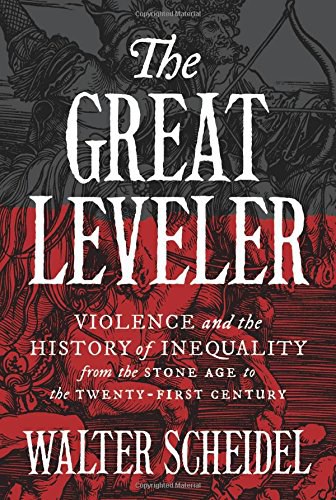
TheGreatLeveler
[ 社会 ]
1
0
推荐者:百科书库 2023-04-09 12:12:27
本书简介
- 作者:WalterScheidel
- 出版社:PrincetonUniversityPress
- 副标题:ViolenceandtheHistoryofInequalityfromtheStoneAgetotheTwenty-FirstCentury
- 出版年:2017-1-24
- 页数:528
- 定价:USD35.00
- 装帧:Hardcover
- 丛书:PrincetonEconomicHisto
Are mass violence and catastrophes the only forces capable of significantly reducing economic inequality? According to Walter Scheidel, based on thousands of years of global history, the answer is yes. Periods of increased equality are often preceded by carnage and disaster, but they are short-lived and disappear with the return of peace and stability. The Great Leveler explores the crucial role that violent shocks have played in reducing inequality throughout human history.
Throughout civilization, economic inequality has been a defining characteristic, lasting for thousands of years. Scheidel argues that only violent events have significantly reduced inequality, which he refers to as the "Four Horsemen" of leveling: mass-mobilization warfare, transformative revolutions, state collapse, and catastrophic plagues. Scheidel examines these processes, from the crises of the earliest civilizations to the world wars and communist revolutions of the twentieth century. However, today, the violence that previously reduced inequality seems to have abated, which raises concerns about the chances of achieving greater equality in the future.
The Great Leveler makes an essential contribution to the ongoing debate about inequality and provides critical new insights into why inequality persists and why it is unlikely to decline anytime soon.
作者简介
WalterScheidelistheDickasonProfessorintheHumanities,professorofclassicsandhistory,andaKennedy-GrossmanFellowinHumanBiologyatStanfordUniversity.Theauthororeditorofsixteenpreviousbooks,hehaspublishedwidelyonpremodernsocialandeconomichistory,demography,andcomparativehistory.HelivesinPaloAlto,California.
相关推荐
寻迹狮城
弹丸小国成为世界“最昂贵城市”的秘密新加坡模式的成功与隐忧。现代新加坡是一个奇迹。半个世纪前,它被逐出马来西亚联邦,不情不愿地成为一个独立国家。那时的新加坡国土狭小,贫穷不堪,几乎没有任何资源,还被虎 [英]尼古拉斯·沃尔顿(NicholasWalton) 2023-04-09 09:58:04美国监狱:美国资本和权力的游戏
【编辑推荐】★横扫全美各大榜单,口碑爆棚!本书获《纽约时报》《旧金山纪事报》《波士顿环球报》《科克斯书评》2018年年度好书;2019年RFK图书奖和新闻奖,海伦·伯恩斯坦图书奖和新闻奖,罗伯特·F. [美]肖恩·鲍尔 2023-04-09 09:59:34生活无法逃避,但你可以选择
作者半山用散文记录自己从繁华的大都市到清幽的峨眉山隐居的生活感悟。从迷茫、孤独到消化孤独、收获从容、找到初心,作者在每一篇文章中发自肺腑的内心独白,远离了励志鸡汤的俗套,因此这些文章长期以来在网络上广 半山 2023-04-09 10:00:25走出孤岛
晓宇是牛津政治学博士。刘子超是作家、译者和旅行者,毕业于北京大学中文系。他曾供职于《南方人物周刊》和《GQ智族》,同时也在牛津大学路透新闻研究所工作过。现在是一名自由作家,著有《午夜降临前抵达》和《沿 吴琦主编/柏琳/吕晓宇 2023-04-09 10:01:43乡土中国生育制度乡土重建
本书收入费孝通先生的三部代表作:《乡土中国》、《生育制度》和《乡土重建》。这三本书是费孝通先生从文化的角度对中国社会进行概括的代表作。这些作品凝练地体现了费孝通先生对这些问题的集中思考,并全面而系统地 费孝通 2023-05-13 14:24:34MinorFeelings
PoetandessayistCathyParkHongconfidentlyblendsmemoir,culturalcriticism,andhistorytorevealeye-openingt CathyParkHong 2023-04-09 10:07:30© 2023-2025 百科书库. All Rights Reserved.




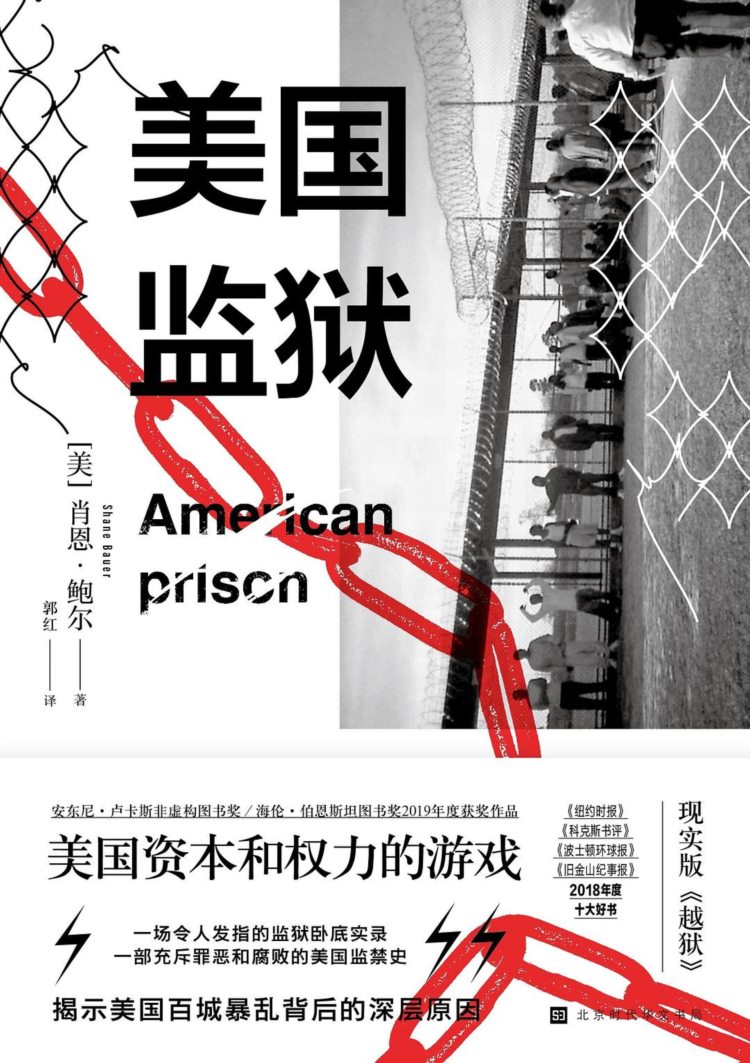
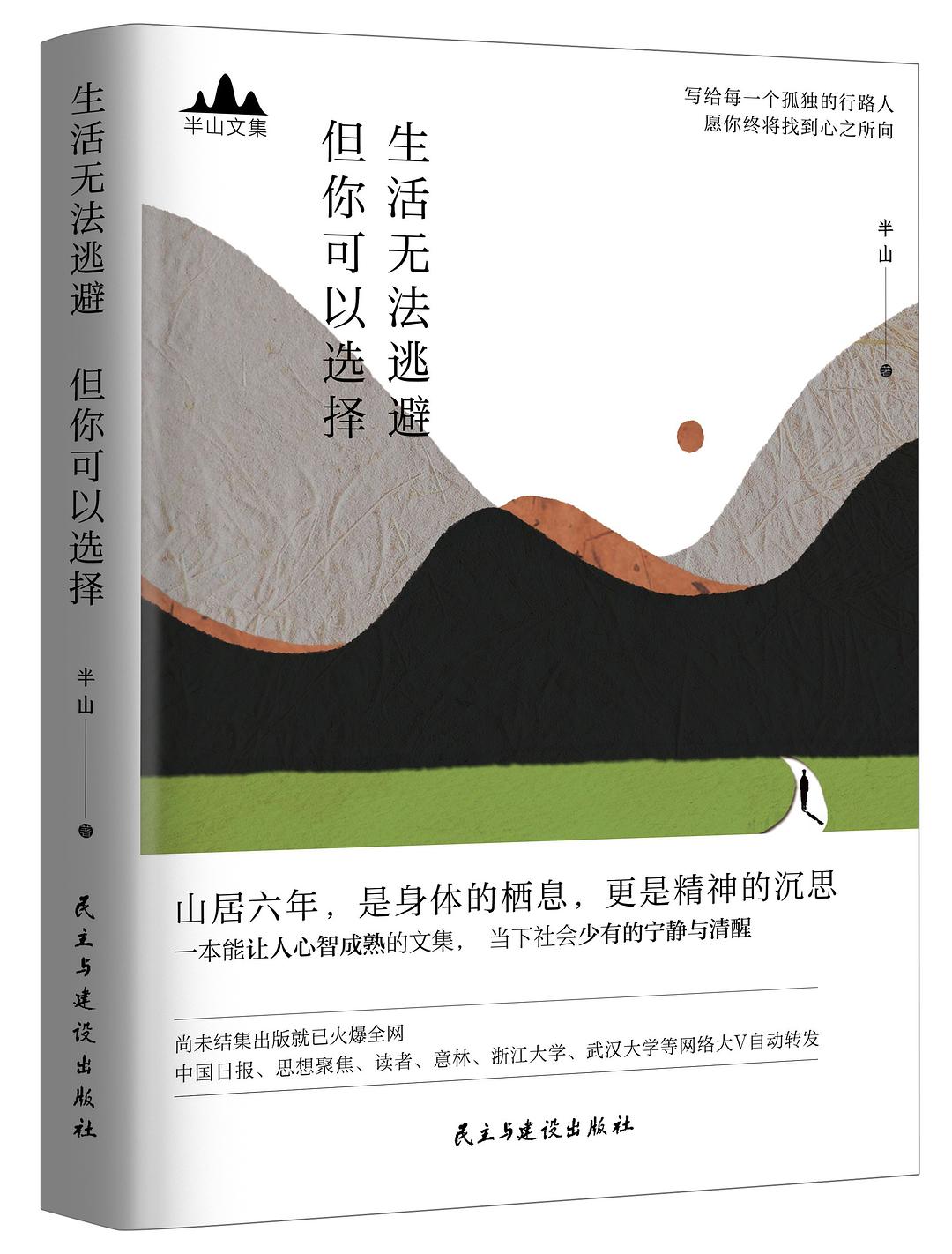



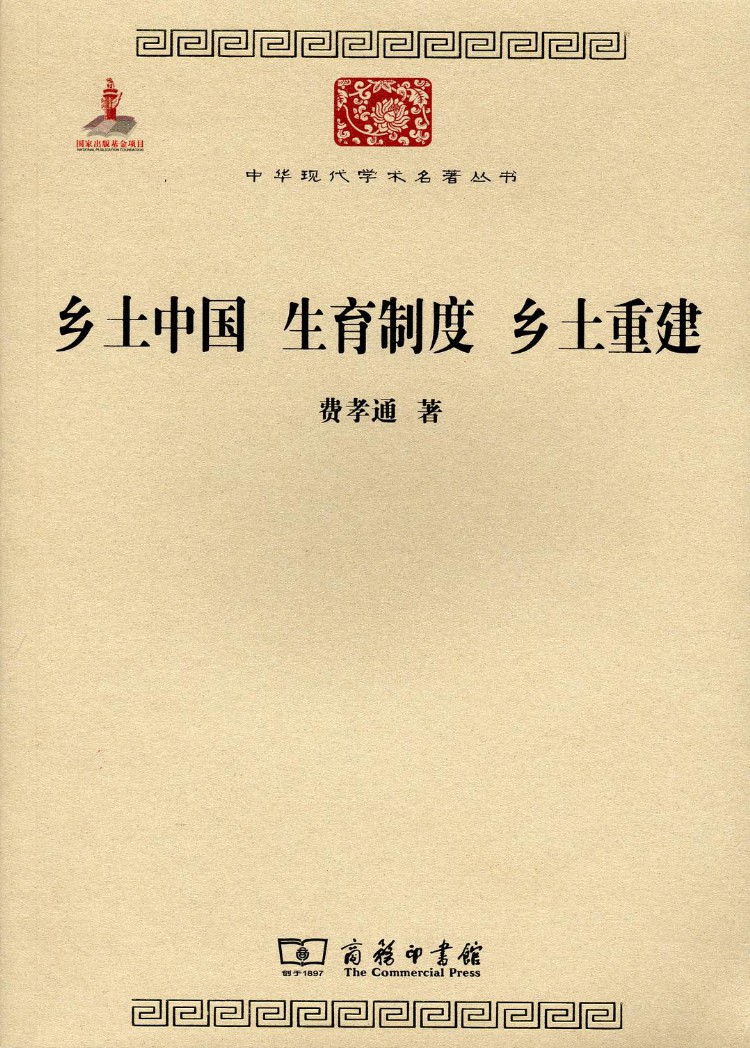
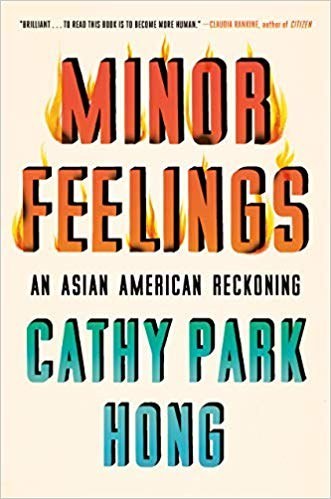

发表评价